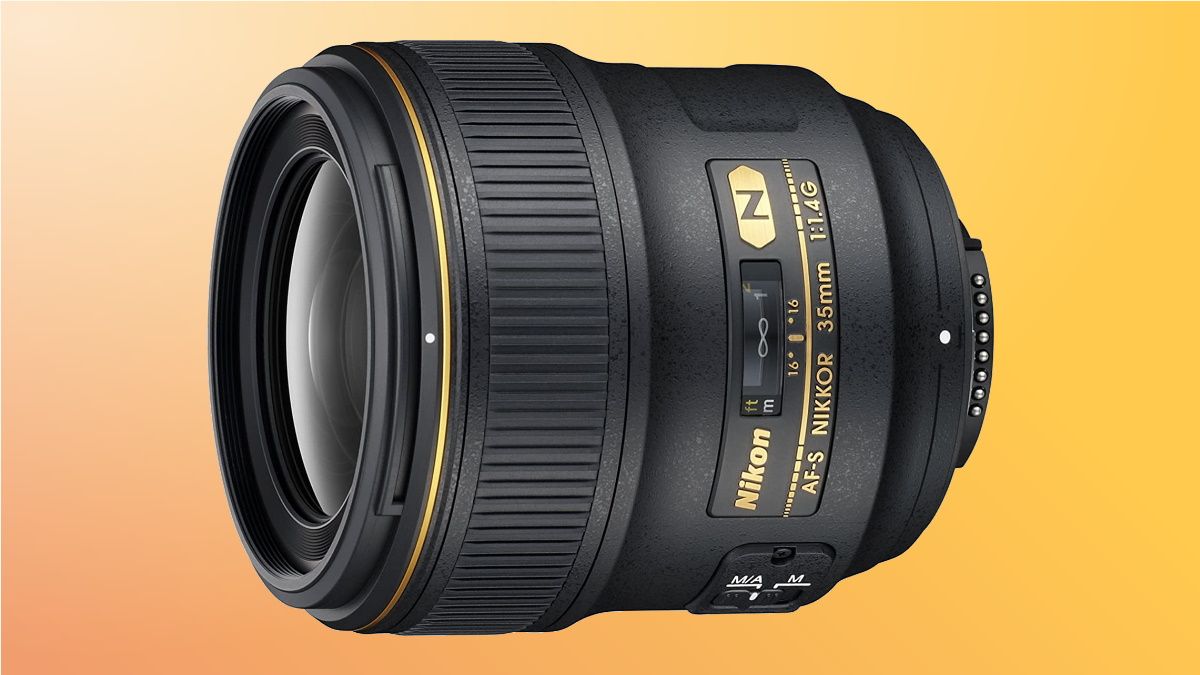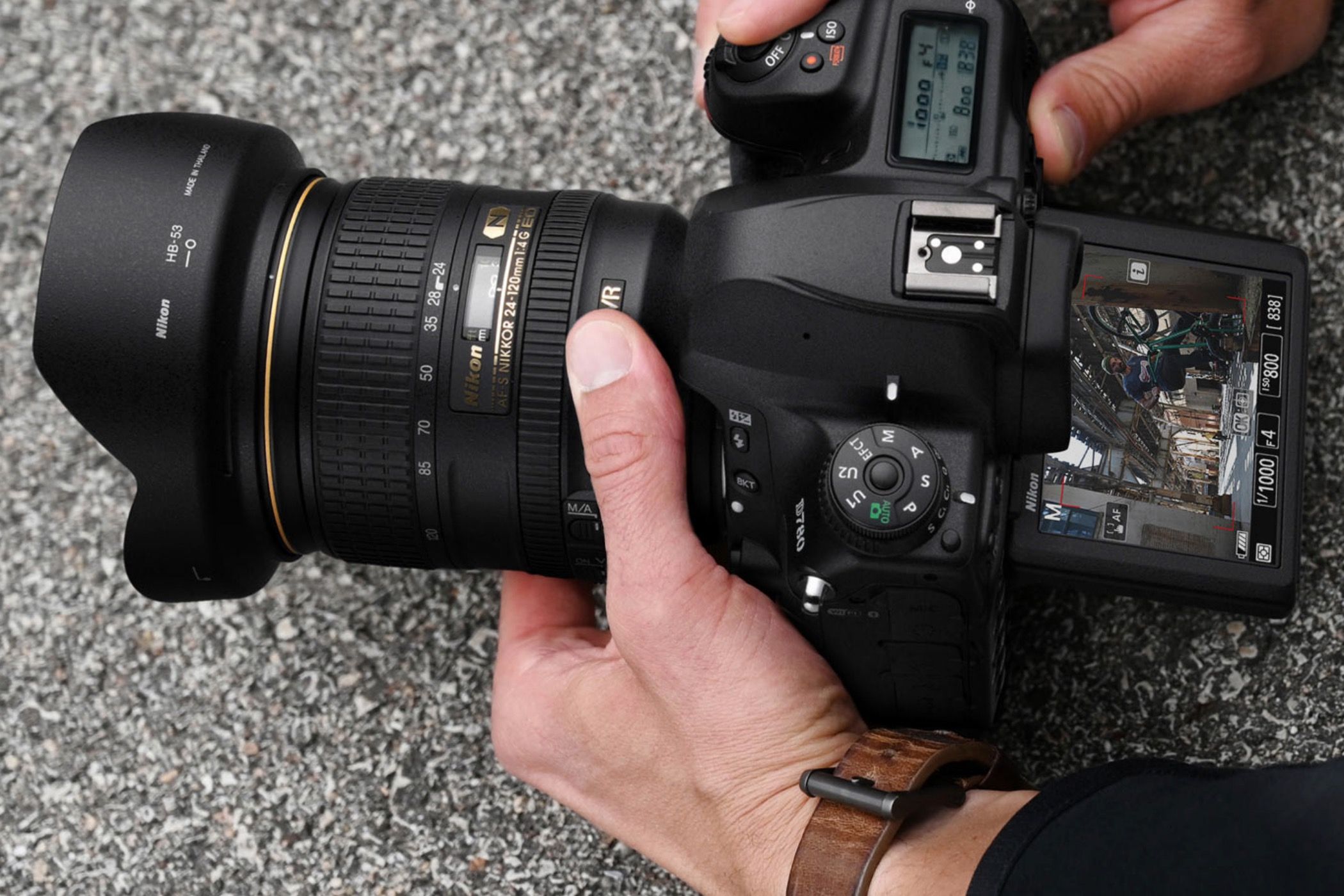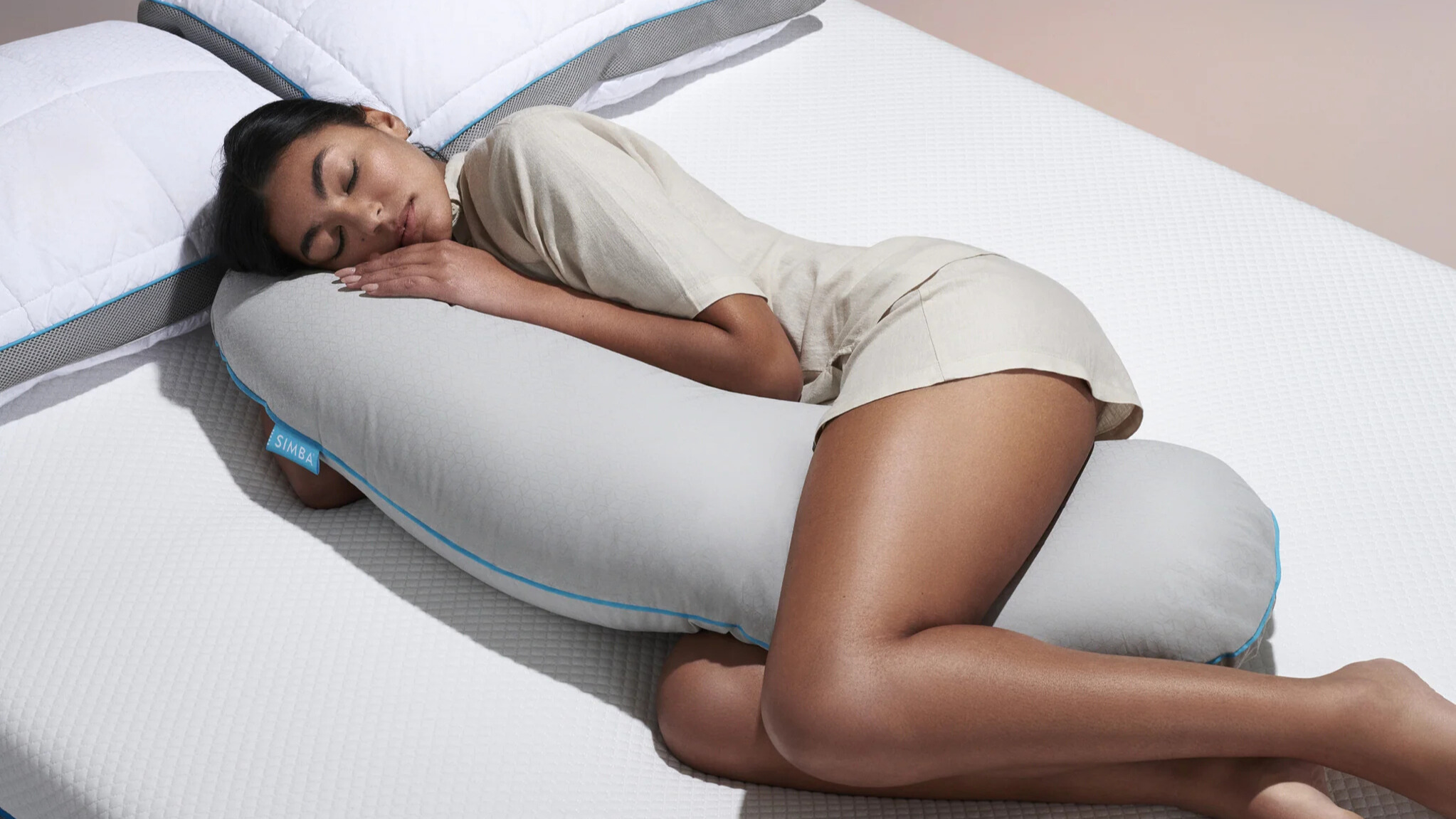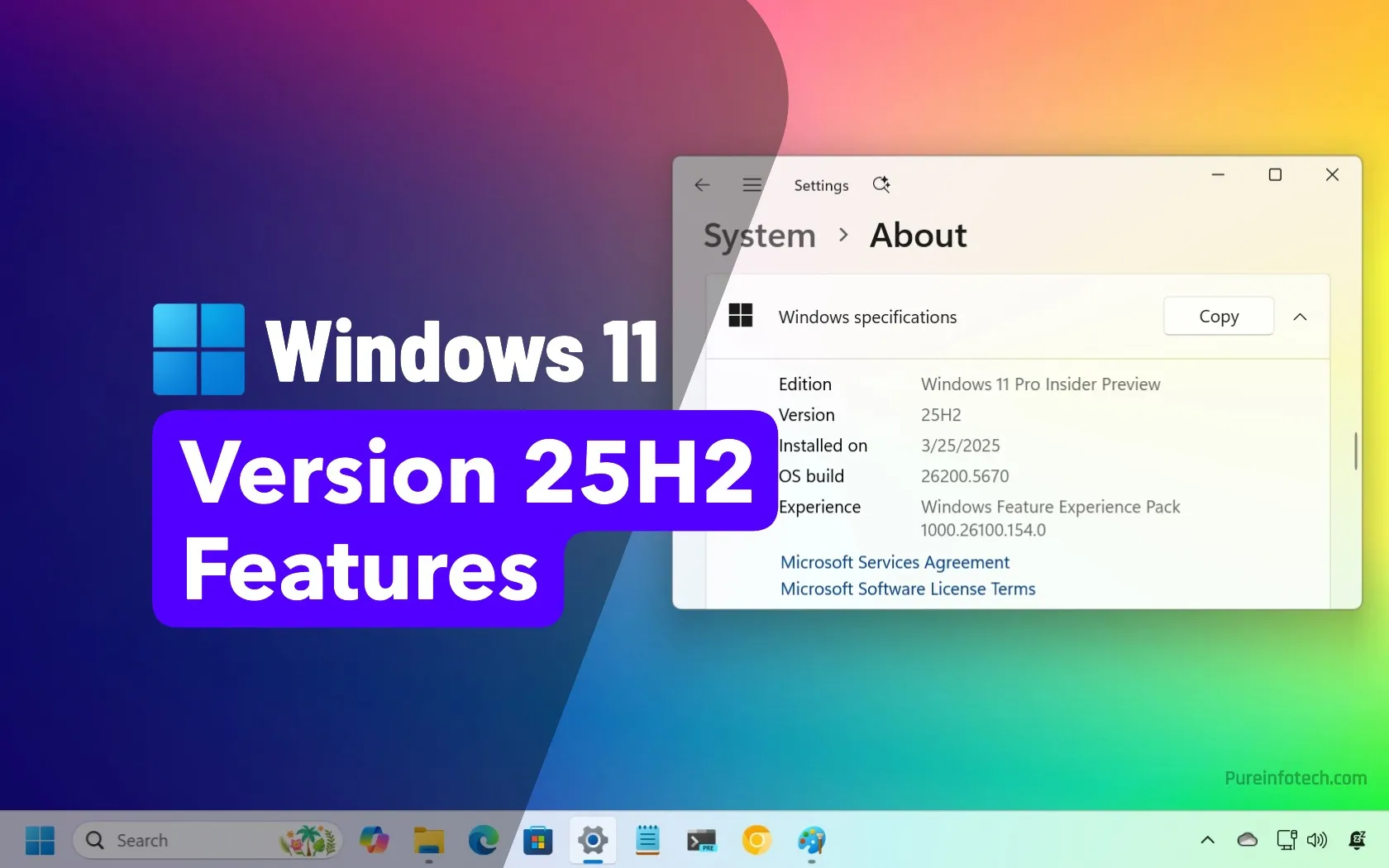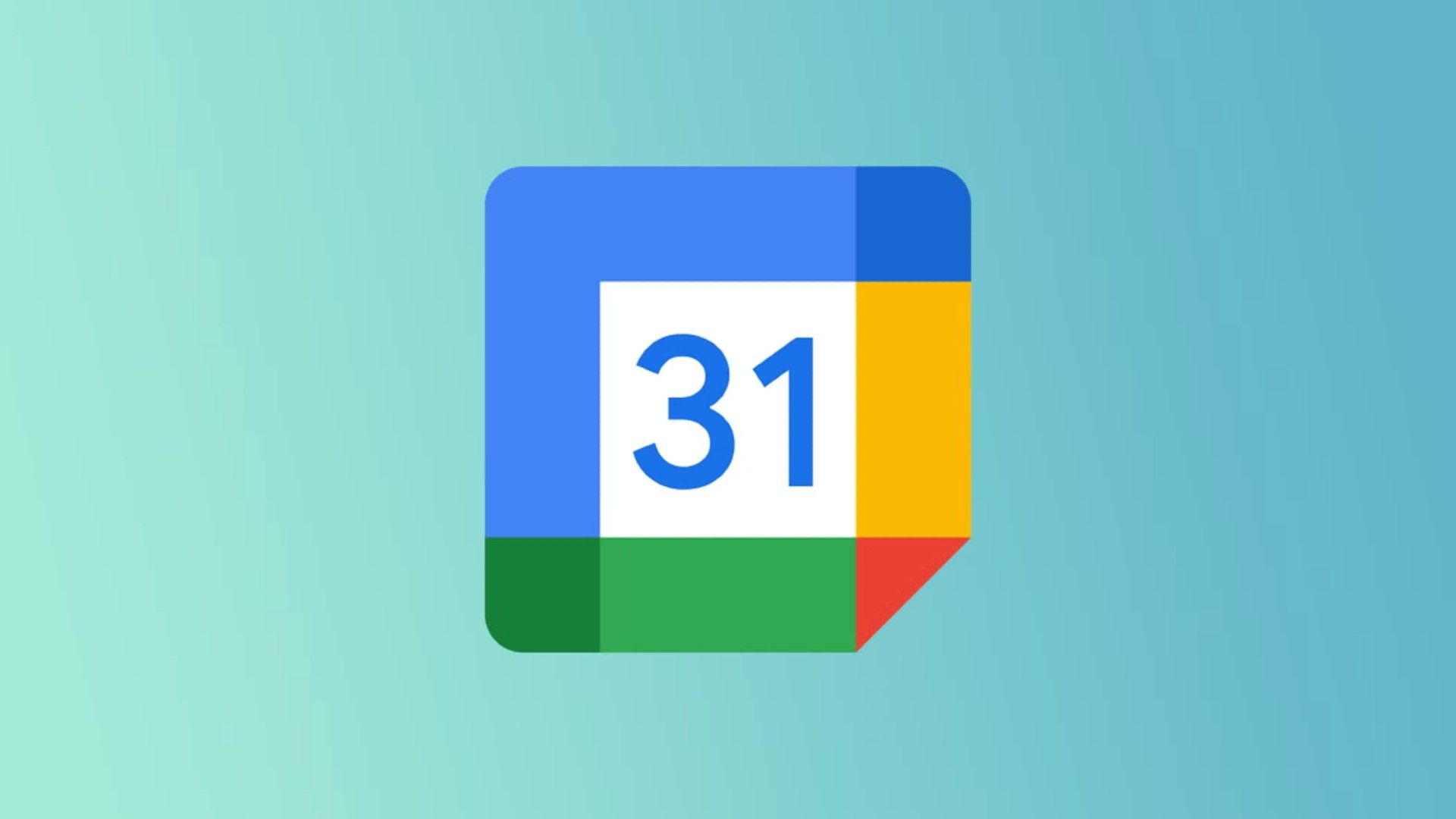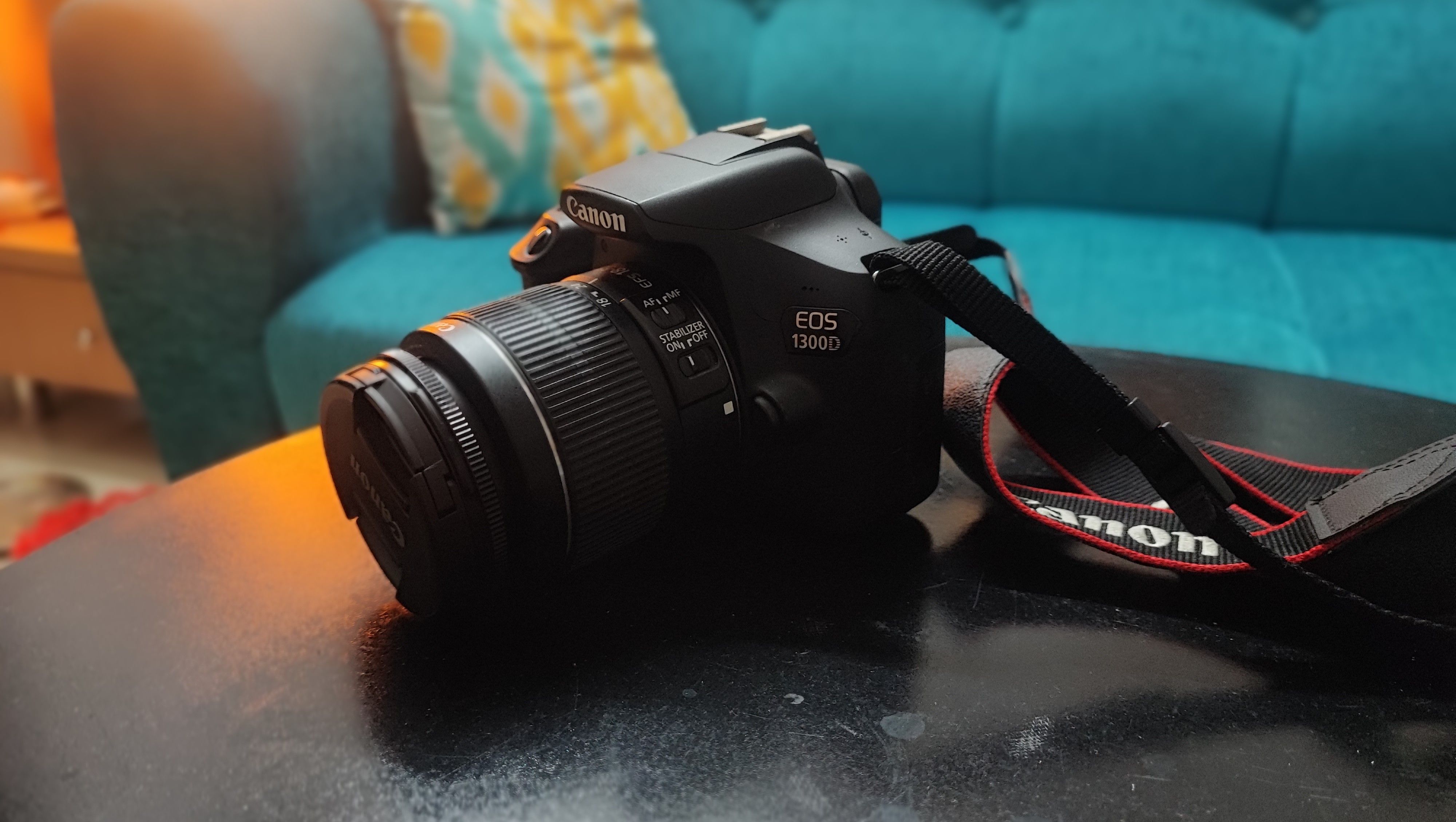
It’s no secret that DSLRs aren’t as popular as they used to be. A recent report from the Camera Imaging Products Association found that sales are down 20% year-over-year while mirrorless cameras continue to grow. For some people, though, a DSLR could be precisely what they need, even now.
New DSLRs Are Affordable; Used DSLRs Are Even Cheaper
There’s no denying the benefits of mirrorless cameras, and they’ll undoubtedly be the better choice for a lot of people. They’re more lightweight and versatile than DSLRs, and they can deliver incredible results whether you’re shooting still photos or video. They’re also quite an investment once you move beyond the more entry-level models, and that can be a big jump to make if you’re just starting to think about getting into photography more seriously.
Brand new DSLRs can be pretty expensive too, but some budget-minded models are quite a bit more affordable than the lowest-end mirrorless cameras. If you’re willing to take a bit of a chance on a used camera, however, you can find some real bargains, especially now that so many people are offloading their old DSLRs after making the switch to mirrorless.
I can’t speak from personal experience when it comes to buying a used DSLR, but I do still regularly use a nearly 15-year-old Nikon D90 that can now be found for a fraction of the price I paid when it was new. Even considerably more recent and more capable DSLRs can be readily picked up for a few hundred dollars, often with a decent lens included.
Lenses, Adapters, and More
Affordability is a big reason to consider a DSLR, but it’s just one factor. There are also all of the same reasons that drove people to pay a premium for DSLRs in the first place and which still cause plenty of people to stick with them today.
Chief among those is the fact that with a DSLR, the camera itself (also referred to as the “body”) is really just part of the equation. The body of a DSLR determines the image resolution and other features you’ll have at your disposal, but the lens you use with it will have the biggest impact on the photos you’re able to get from the camera.
You can definitely use and enjoy a DSLR without ever changing the lens on it. Still, a big benefit of the camera, and part of the fun of it, is being able to swap in different lenses to get dramatically different results. Spending less on a new or used DSLR can be a great way to give you a bit more flexibility to experiment with a couple of different lenses, which are also easy to find used.
And there are lots of lenses to choose from. If you choose a popular DSLR like a Nikon or Canon that uses one of the more common lens mounts, you’ll be able to pick from a wide range of lenses designed to work with your camera, from small and lightweight prime lenses with a fixed focal length, to long telephoto lenses.
You don’t have to stop there, though. You can also get inexpensive adapters to let you use lenses designed for other lens mount systems, even older film cameras. You may get a reduction in image quality and lose features like autofocus when using an adapter, but they can be fun to experiment with if you’re able to find used lenses cheaply enough.
A Good Camera Is Never Outdated
A DSLR may be a modern digital device, but it’s also one of the most analog-feeling pieces of digital gear that you can buy. Unlike mirrorless cameras, DSLRs use a traditional optical viewfinder that you can look through and use to frame your shot without even powering on the camera. That not only helps to make a DSLR feel the most like a traditional analog film camera, but helps to improve battery life compared to mirrorless cameras as well (which rely on an LCD or electronic viewfinder).
There’s also something to be said about the simple heft and chunkiness of a DSLR and the positioning of the manual controls that make for a different experience than a mirrorless camera—and certainly one far removed from a smartphone. While there are some cheaper-feeling DSLRs, most feel more like a timeless piece of gear than something that’s aging or outdated, and they’re likely to still feel that way years from now.
Photography Skills are Transferable
For all the differences between various types of cameras, there are arguably more similarities. If you learn about things like aperture, shutter speed, and white balance using a DSLR, you’ll be able to apply those same skills to any future camera you might buy. And those are skills you can continue to learn and improve upon regardless of how often you upgrade your camera.
No camera is going to make you a better photographer instantly, and you don’t need any specific type of camera to take great photos. The right tools can provide some inspiration, however, and a DSLR might be just the thing to spark or rekindle your interest in photography if you find your current options lacking.
Source link


